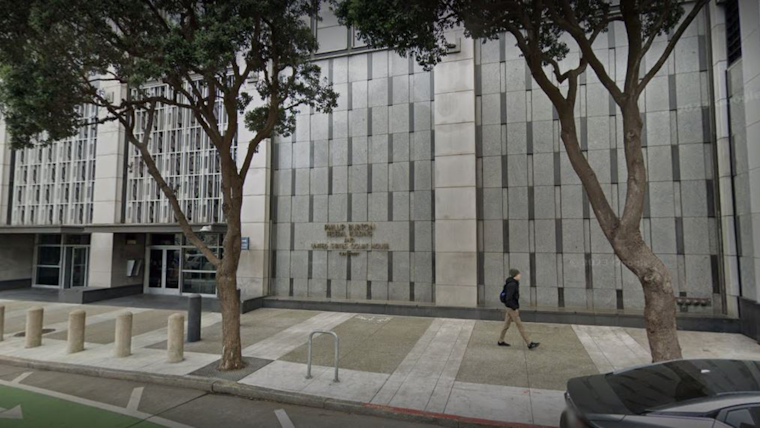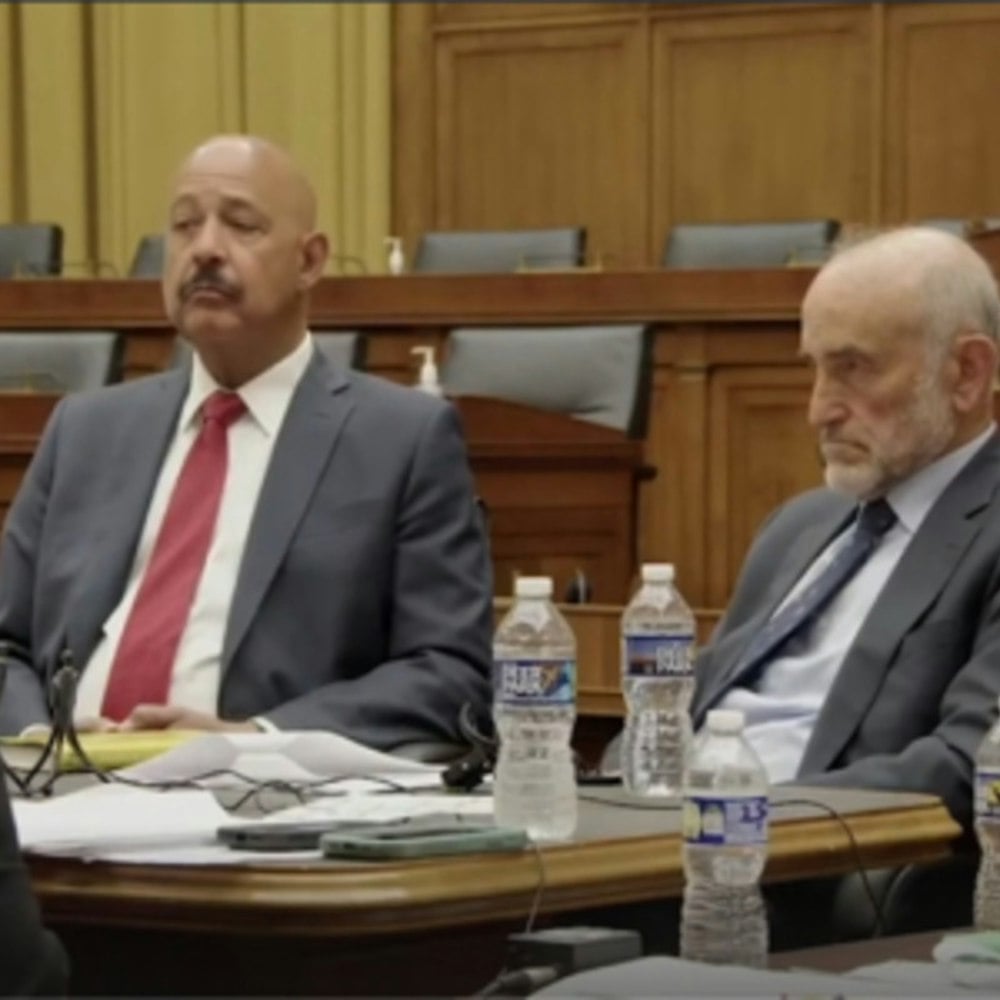
Just before Valentine's Day, the FBI in San Francisco dropped a love bomb on unsuspecting hearts, warning about the perils of romance scams through dating apps and social media. Last year, locals looking for love lost more than a whopping $27 million to these cruel cons, according to the FBI San Francisco Division.
FBI San Francisco detailed how scammers prey on those seeking romance, spinning webs of deception only to loot bank accounts and swipe sensitive personal info. Specific counties like Santa Clara deeply felt the sting of these scams, where victims filed 102 complaints with losses north of $6 million in 2023, as per the official FBI report. Alameda County, though with fewer complaints, saw a staggering $9 million disappearance act.
The scams have taken a nauseating twist, with scammers pushing their marks into the latest craze - crypto investments. Once trust has been established, victims get directed to bogus websites or apps offering fake investment opportunities. Once hooked, these scams allow for small withdrawals initially, only to build up for the grand deceit, where victims cannot withdraw any substantial funds, facing either a brick wall of silence or a carousel of fake customer service reps.
Those aged 60 and above were particularly vulnerable, reporting losses exceeding $14 million. The hard truth is that the numbers could be even loftier given the shame that prevents many victims from coming forward after their hearts and wallets have been plundered.
The FBI offered a suite of amour-proof tips for those wading into digital romantic waters: never send money, trade, or invest under the beguilement of a newfound online connection, guard your financial standing like a chastity belt, and always maintain a healthy skepticism of too-good-to-be-true investment pitches. For those bearing the scars of these swindles, the agency recommends making a beeline for the IC3 website and alerting financial institutions post-haste.









